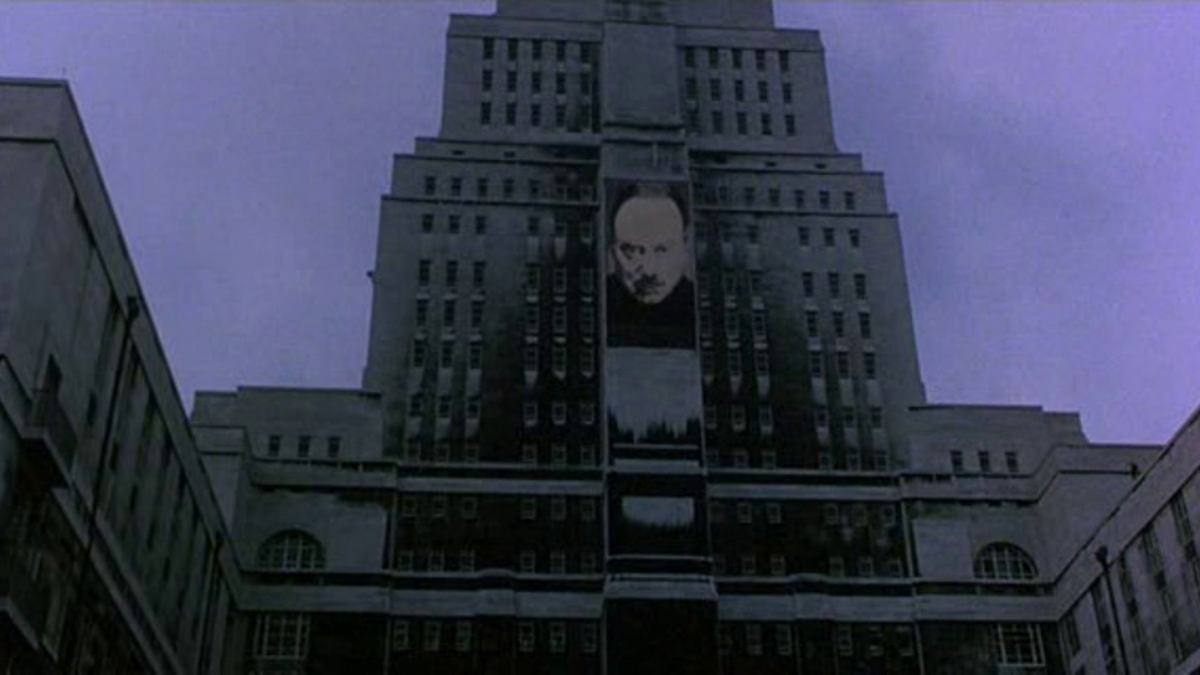We have written previously on The BFD about Massey University’s recently announced free speech (snort!) policy and rules. Sadly, just like George Orwell’s Ministry of Truth which was actually the Ministry of Propaganda, their free speech is anything but free.
Stephen Franks writes that “Massey Council has doubled down on its mission to function as a college of woke theology.”

The chilling thing is that the Massey Council feel confident of getting away with it. In a healthy academic culture, staff and students would not allow themselves, and the future value of the qualifications and experience on their CVs, to be governed by such feeble pap. They should be ensuring the rapid removal of bosses unfit for academic discourse. The claim to gagging powers is so poorly disguised.
[…] Following is a version of what has become the leading form of re-commitment to free speech by US academic institutions. It is promoted by an influential body (Foundation for Individual Rights in Education) usually called FIRE. Chicago University made a statement notable for its unapologetic defense of freedom of thought and speech. The following draft customizes that version for New Zealand
Because [INSTITUTION] is committed to free and open inquiry in all matters, it guarantees all members of the [INSTITUTION] community the broadest possible latitude to speak, write, listen, challenge, and learn. Except insofar as limitations on that freedom are necessary to the functioning of [INSTITUTION], [INSTITUTION] fully respects and supports the freedom of all members of the [INSTITUTION] community “to discuss any problem that presents itself.”
Of course, the ideas of different members of the [INSTITUTION] community will often and quite naturally conflict. But it is not the proper role of [INSTITUTION] to attempt to shield individuals from ideas and opinions they find unwelcome, disagreeable, or even deeply offensive. Although [INSTITUTION] greatly values civility, and although all members of the [INSTITUTION] community share in the responsibility for maintaining a climate of mutual respect, concerns about civility and mutual respect can never be used as a justification for closing off discussion of ideas, however offensive or disagreeable those ideas may be to some members of our community.
The freedom to debate and discuss the merits of competing ideas does not, of course, mean that individuals may say whatever they wish, wherever they wish. [INSTITUTION] may restrict expression that violates the law, that falsely defames a specific individual, that constitutes a genuine threat or harassment, that unjustifiably invades substantial privacy or confidentiality interests, or that is otherwise directly incompatible with the functioning of [INSTITUTION]. In addition, [INSTITUTION] may reasonably regulate the time, place, and manner of expression to ensure that it does not disrupt the ordinary activities of [INSTITUTION]. But these are narrow exceptions to the general principle of freedom of expression, and it is vitally important that these exceptions never be used in a manner that is inconsistent with [INSTITUTION]’s commitment to a completely free and open discussion of ideas.
In summary, [INSTITUTION]’s fundamental commitment is to the principle that debate or deliberation may not be suppressed because the ideas put forth are thought by some or even by most members of the [INSTITUTION] community to be offensive, unwise, immoral, or wrong-headed. It is for the individual members of the [INSTITUTION] community, not for [INSTITUTION] as an institution, to make those judgments for themselves, and to act on those judgments not by seeking to suppress speech, but by openly and vigorously contesting the ideas that they oppose. Indeed, fostering the ability of members of the [INSTITUTION] community to engage in such debate and deliberation in an effective and responsible manner is an essential part of [INSTITUTION]’s educational mission.
As a corollary to [INSTITUTION]’s commitment to protect and promote free expression, members of the [INSTITUTION] community must also act in conformity with the principle of free expression. Although members of the [INSTITUTION] community are free to criticize and contest the views expressed on campus, and to criticize and contest speakers who are invited to express their views on campus, they may not obstruct or otherwise interfere with the freedom of others to express views they reject or even loathe. To this end, [INSTITUTION] has a solemn responsibility not only to promote a lively and fearless freedom of debate and deliberation, but also to protect that freedom when others attempt to restrict it.
This resolution is adapted and excerpted from the “Report of the Committee on Freedom of Expression” at the University of Chicago. The original report is available in full here
stephenfranks.co.nz/continuing-devaluation-of-massey-on-your-cv/
I would like to see every single New Zealand Tertiary institution that is in receipt of public funding, adopt and be held to the above Free Speech supporting document.

